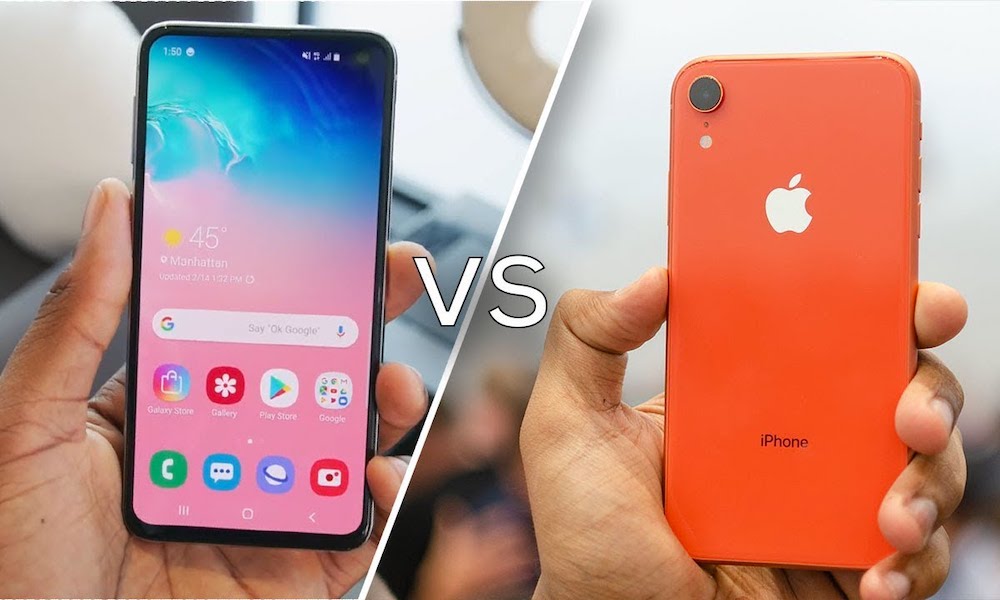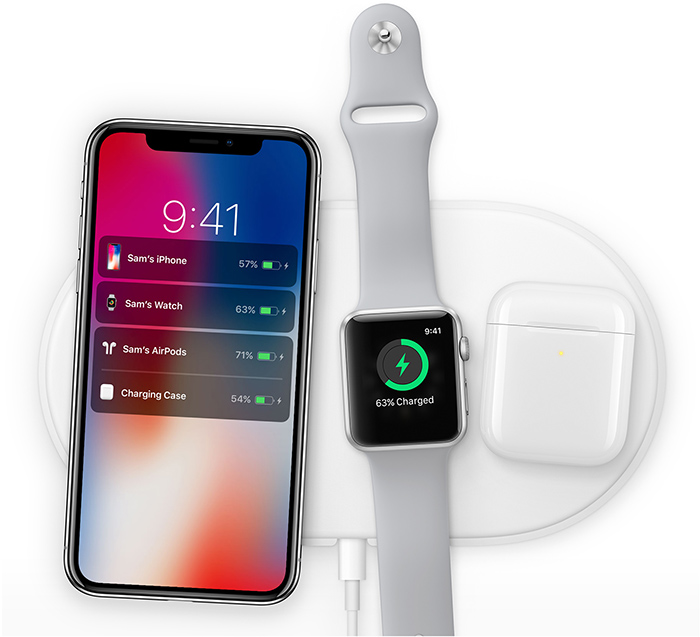Are iPhone Owners Really Ditching Apple for Samsung?
 Credit: MKBHD
Credit: MKBHD
Toggle Dark Mode
Apple and Samsung have always been vying for the majority of the smartphone market, but a recent report says there has been a shift in Samsung’s favor.
According to a report from BankMyCell, an iPhone trade-in site, Apple loyalty is the lowest its been since 2011. The site found that Apple user retention rate has dropped by more than 15 percent since March of this year.
Here are some other key data points sourced from that report:
- Only 66.4 percent of iOS users trading in their iPhones stayed with Apple during Q4 of 2018, following the release of the iPhone XR and iPhone XS models.
- 24.5 percent of individuals trading in iPhones during Q4 2018 had moved to a new brand. 13.8 percent went to Samsung, 8.2 percent went to LG, and 2.5 percent went to Motorola.
- 18.5 percent of people selling an iPhone XS had moved to Samsung.
Is there any truth to this data?
These numbers are definitely jarring, but it also calls into question the sample size and data. First, the 38,043 individuals surveyed isn’t a huge sample size, especially considering that there were over 257 million smartphone users in 2018. Secondly, the data collected seems to come only from customers who used BankMyCell for the online trade-in process. Both of these factors can definitely skew the data.
But that’s not to say that the data is totally wrong — there’s definitely some truth behind it. Consider that Apple smartphone shipments were down 15 percent in Q1 2019 from the previous year. On top of this, Apple also missed its Q1 2019 revenue projections by $9 billion. There’s a lot of different sources pointing out that Apple’s reign on top of the smartphone world might be in jeopardy.
Is Apple’s popularity on the downturn?
It’s important to remember that Apple isn’t just in the smartphone market. They’re also in the computer, tablet, and wearable industries. Focusing on only one niche of its entire business model might not be the best example of overall performance.
That being said, there are a few things that could make current iPhone users consider switching to a different smartphone manufacturer. The price might be the biggest determining factor of all.
The iPhone XS costs as little as $729 with a trade-in (or $999 without), and the iPhone XR costs as little as $479 with a trade-in (or $749 without). Other smartphone models definitely don’t have the high price tags that iPhones do — but then again, that’s what makes the company a luxury brand.
The second factor that might be driving down iPhone sales is the state of the smartphone industry. Game-changing innovations have been few and far between in the smartphone industry. Apple’s last attempt to wow consumers was replacing Touch ID with Face ID on the iPhone X model. Many viewed the subsequent XR and XS models as nice, but not a necessity — proof with the slow sales. Perhaps today’s smartphone users are jaded, given that the hype around new iPhone events isn’t as big anymore.
Personally speaking, I don’t think the shift is as drastic as the report makes it seem. Looking at my professional and personal circles, I don’t know a single person who has traded in their iPhone for a Samsung device. If anything, I’ve seen more of a transition from Samsung over to Google’s Pixel devices.
Apple needs to wow consumers in the coming months, especially at its September event. A better smartphone camera or newer gesture features don’t create as much excitement as they used to. And Apple needs to recognize this if they want to keep any more customers from jumping ship.








